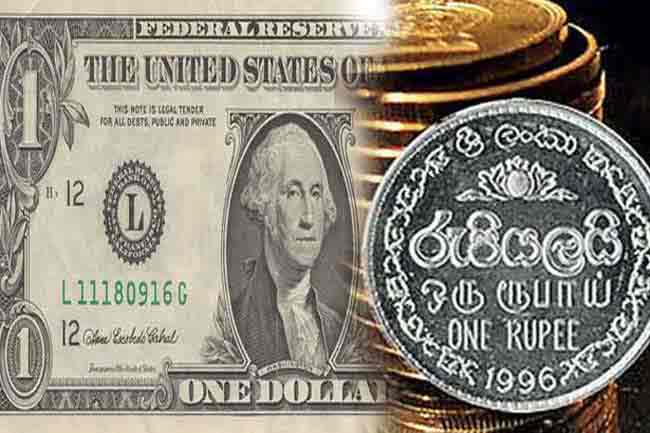The Central Bank recently instructed all licensed banks to sell 25% of the foreign exchange inflows they receive through workers’ remittances and exports proceed residuals to the Central Bank.
This directive came as a step of the Central Bank to consolidate its dollar reserves.
Deutsche Bank however says the toughened dollar surrender rule could aggravate forex crunch in the country.
In a letter directed to the Chief Executive Officers of all Licensed Banks, the CBSL said the 10 percent mandatory sale of foreign currencies to the Central Bank by licensed banks has been increased to 25 percent with effect from today.
The tighter dollar surrender rule, which came into effect from the start of this week, could have perverse outcomes as it could leave fewer dollars with the banking system for imports, potentially exacerbating the foreign currency troubles faced by importers and thereby worsening the shortages in some commodities.
According to a note sent out to its clients by Deutsche Bank, an exporter who sells US$ 100 to his commercial bank earlier resulted in the bank selling US$ 10 or 10 percent back to the Central Bank leaving US$ 90 with the commercial bank.
But from Monday onwards, the commercial bank is required to surrender US$ 25 or 25 percent from the US$ 100 that was sold by the exporter, leaving it with only US$ 75.
This, according to the Deutsche Bank will leave a fewer amount of dollars with the banking system available to be sold when an importer comes up with rupees for opening letters of credit (LCs).
As a result, the dollar shortage confronted by the importers even to this day from around July this year, could become more pronounced and thereby worsen the shortages of imported commodities in the local market.
Murtaza Jafferjee, the Chairman of Advocata Institute said that there will be a more acute shortage.
“I’m assuming the central bank is doing this because their reserves are depleting. And the reason for the depletion is mainly because they are continuing to permit the Government to service its foreign debt. It seems that they are prioritizing the needs of creditors over the needs of the citizens of the country. Due to the shortage of Dollars, the scarcity of goods and services in the market is going to increase. And probably the prices also,” he warned.


